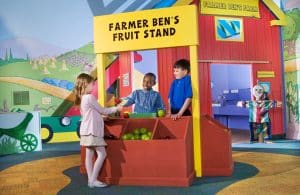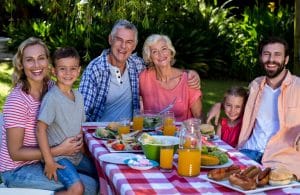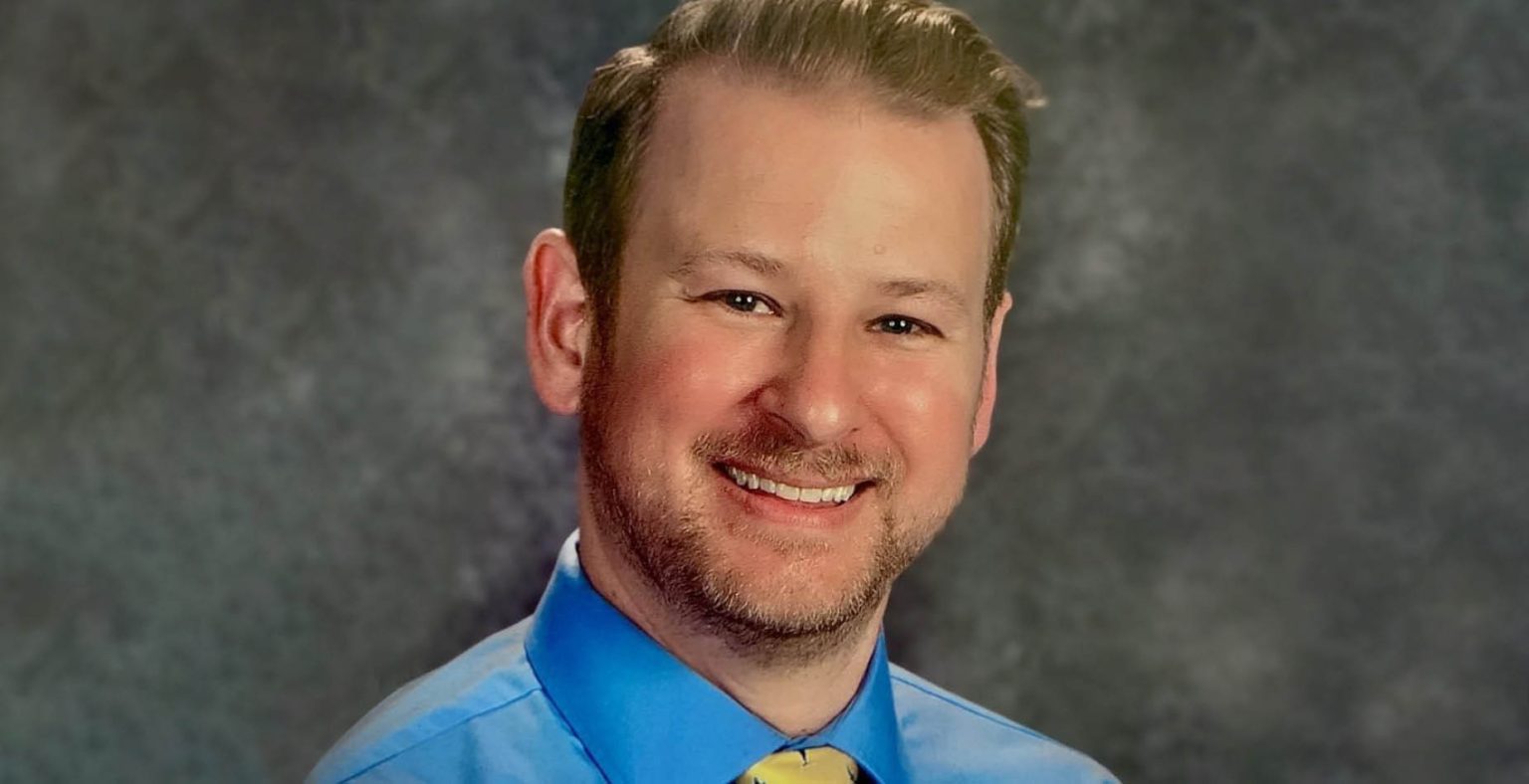1. How did you get into education and what are you currently teaching?
I started as an art major at Nazareth College in Rochester. I was 17 when I graduated, so there was pressure for me to decide what I wanted to do for the rest of my life. I was good at art, so I thought that would be the right direction. It was a great school and really did prepare me and make me well-rounded.
After I graduated from Nazareth, I got a job at a local credit union in their marketing department. I just knew that this wasn’t going to be ‘it.’ But I also didn’t know what ‘it’ was. I loved art, but I felt that art was better as a hobby for me. I was also a Sunday school teacher at the time; I taught their second grade class.. I found myself looking forward to Sunday mornings when I would be teaching. I took it seriously and created lesson plans and made sure all the materials were ready when the kids came in. So, in the back of my head, I thought, ‘What about teaching?’
I heard about a year-long program at Syracuse University specifically geared for individuals who had an undergraduate degree in something other than education. It was a pretty selective group because you were with your peers throughout the whole program. A year later, I had four different student-teaching experiences and my master’s in childhood education. It was intensive, but I can’t recommend it highly enough. It was the best thing and when I was done, I felt like I was ready.
I started applying to teaching positions right out of school, but I didn’t get any of those jobs. I was a little disappointed. But there was something about Skaneateles that I loved, so I got on their substitute teaching list to get my foot in the door. The more I subbed there, I started to get requested. At the end of that year, there was an unexpected retirement. I marched into the principal’s office at the time and expressed my interest in the job. The morning after my second interview, the principal called me and offered me the job. It was the best possible news. It was a second grade position at Waterman Elementary. I taught nine years there in second grade and nine years in my current position at State Street Elementary in third grade.
2. The Rev Theatre recently came to visit your school and perform for the third graders. Do students enjoy this interactive way of learning?
The Rev Theatre visits us once a year. They are amazing. They do a great performance. They also come into the room and give the kids background on either the culture of what they’re going to see in the play or the geography of where in the world this play is going to be. It’s new faces coming to our room and teaching them things. They’re interested in anything new, but also this fun way of learning through live performance.
3. How do you and your team help students build connections with and respect each other?
Excellent question. I firmly believe that the social curriculum is just as important, if not more important, than the academic curriculum, especially since COVID, how these kids interact with each other. It has prevented them from experiencing things that would have happened in an earlier grade, like working in small groups or learning how to take turns. We all agree that we have to make time, especially at the beginning of the year, but not limited to the beginning of the year, to have these kids get to know each other. I start every day with a morning meeting. We greet each other and we play a little game or activity. That sets a positive tone for the day.
4. Teachers are entering this profession with possibly more challenges than 10-plus years ago, things like larger class sizes and remnants of a pandemic. Do you have any advice for new teachers entering the field?
When I first came on board, advice would have been totally different with the technology and other changes that have infiltrated the way that we teach now. Teaching is a calling. We all have days where we’d like to stay home, but I wake up always thankful that I’m a teacher. Even when you know teaching is your passion, understand that sometimes ideas and traditions change. Sometimes those things do need to be challenged. We are living in a different world; I told the kids the year of COVID they will be in history books. That’s incredible to think about. Change is constant. Flexibility is a very helpful character attribute. I’m still getting better at it. It’s very necessary to be able to be flexible because every day is something new.
Know an educator who deserves a mention? Email courtneyk@familytimescny.com.





